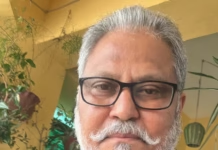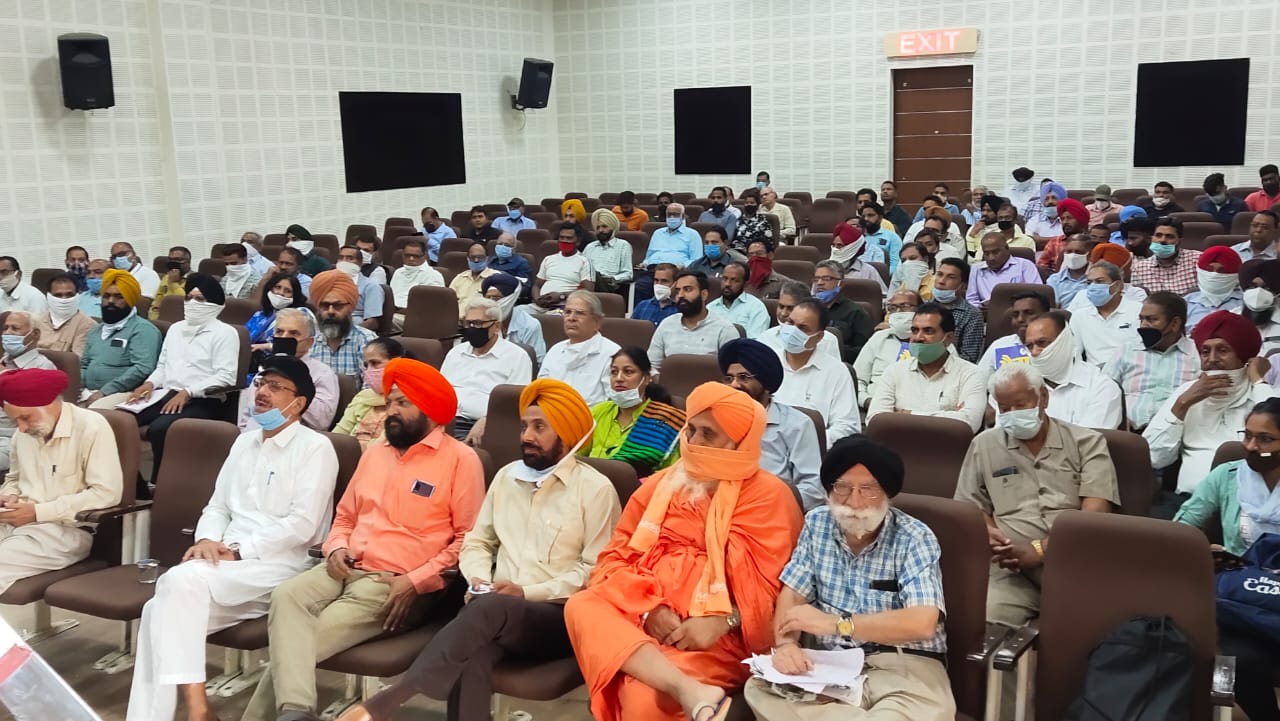Unable to walk, 35-yr man undergoes knee replacement surgery done by Dr. Gagandeep
KI Singh/ royalpatiala.in/ Chandigarh
A young man underwent a successful difficult knee surgery for synovial osteochondrimatos at Ojas Hospital, Panchkula recently.
Dalbeer Singh (35) was suffering from knee pain, swelling, deformity and limp in left knee from the past few years. Due to this he was unable to walk and chances of walking again after surgery were also very low.
Giving details of surgery, Dr. Gagandeep Gupta an ortho surgeon said that the patient started to experience pain in his left knee few years back for which he kept on taking pain killers and doing physiotherapy. Later when problem graved and he even started to face problem in walking, he approached many hospitals where he was advised to go for surgery but with no surety of him walking normal after surgery.
Later he approached at Ojas and we decided to go for surgery which was a difficult as compare to normal knee replacement.
As against normal timing of 45 minutes for normal knee replacement, it took one and half hours for surgery. The implant used in surgery was of high quality (gold knee). We wanted implant to go for around 30 to 40 years as patient is too young at present.
Dr Gagandeep said that the knee joint was jammed and bones were stuck in each other. It was a difficult surgery. We had to use a rod (called stem) to offload the lower bone (called tibia), he informed.
After surgery, the patient is perfectly fine and can walk without any pain.
Talking about synovial osteochondrimatos, Dr Gagandeep informed it’s the proliferation of bone forming cartilage. The commonly affected joint is knee joint. Men are more commonly affected than women. The bones start rubbing against each other and it leads to formation of loose bodies which affect joint movement and eventually causing pain, swelling and deformity, Dr Gagandeep informed.














